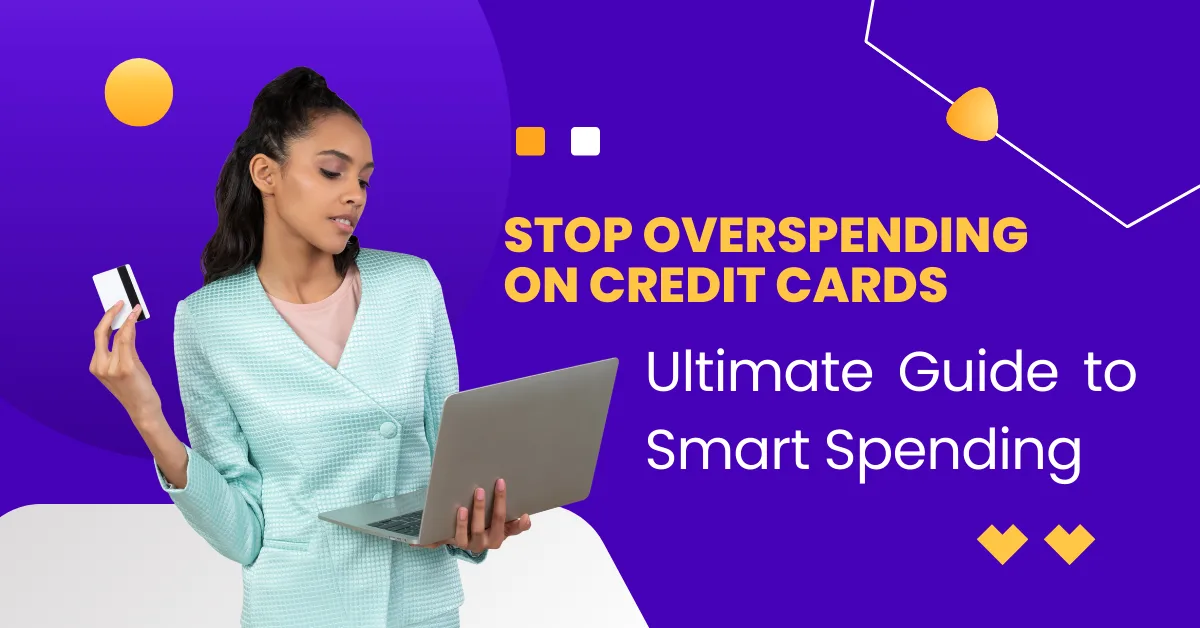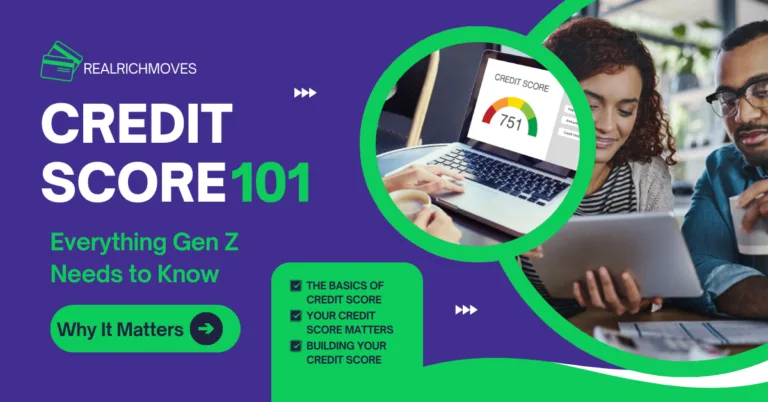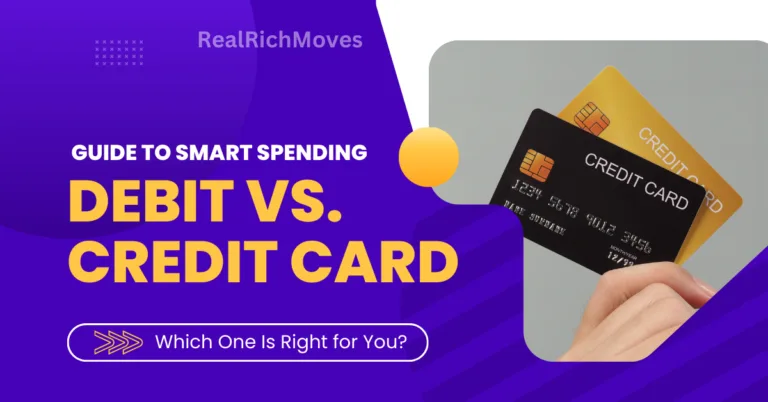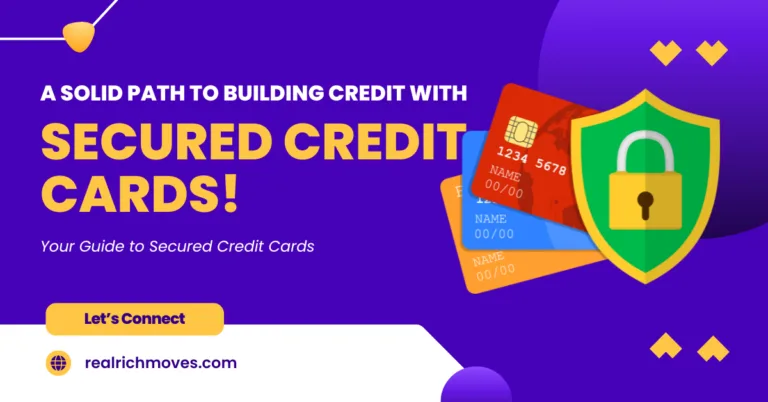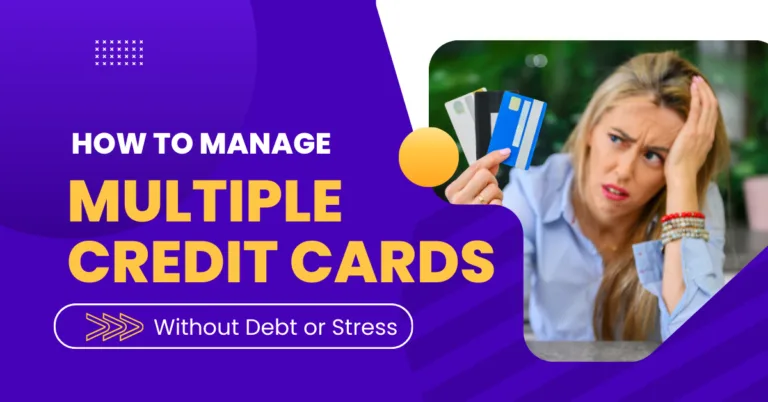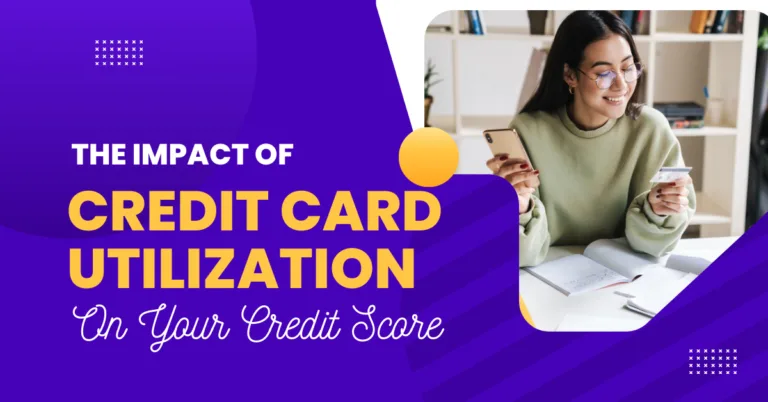Introduction
Hey fam! Let’s talk about something we all struggle with from time to time: overspending on credit cards. You know that feeling, when you swipe for something, that you know you shouldn’t have, but you do it anyway? And then you get your statement and you’re like, “Oops!” It’s time to get real about how to avoid overspending on credit cards, because we have to start being smarter with our money.
It’s so easy to get carried away when you have a credit card, especially with all those shiny things online. But if you are not careful, it can quickly spiral into a mountain of debt, and that’s where the stress kicks in. This post is your ultimate guide to understanding the reasons behind overspending and giving you some actionable tips to break that cycle. Let’s dive in, and learn how to avoid overspending on credit cards.
This guide will equip you with the right tools and strategies to manage your spending effectively. And to start making smart choices with your money.
Now that you have some idea about why this is important, let’s start with the basics.
Understanding Overspending: Why It Happens and Why It’s Harmful
Okay, before we get into all the solutions, let’s first understand why overspending happens, and how it can negatively impact your finances and your overall well-being. It’s time to get to the core of why it is so important to avoid overspending on credit cards.
What is Overspending?
Overspending is basically when you spend more money than you actually have, or when you spend more money than what you can actually afford to pay back. It’s not just about buying things you don’t need; it’s about making choices that are not aligned with your financial goals and priorities. This is one of the main aspects to understand when you want to avoid overspending on credit cards.
It’s important to differentiate between planned spending and overspending. Planned spending involves setting aside money for specific purchases, while overspending is when you are buying things on impulse, and going over your budget. Overspending can quickly lead to debt and financial stress. So, always make sure you are spending within your means.
Why Do We Overspend with Credit Cards?
Credit cards can make overspending extremely easy. When you are using a credit card, it might feel like you are not spending your own money, so it is very easy to go over your limits. The ease of swiping makes it a lot easier to impulse buy, and also it makes you less aware of how much money you are actually spending. And that’s how you end up overspending.
Also, credit cards often encourage emotional spending, where you try to make yourself feel better, by spending money unnecessarily, and that is why you end up overspending, and also making some really bad choices, which can affect your financial future. Understanding this is a major step when you are trying to avoid overspending on credit cards.
The Harmful Effects of Overspending
Overspending has a huge impact on your finances, and also on your overall well-being. When you are overspending, it will ultimately lead to debt, as it will increase your credit card balance, which will result in interest charges. When you are carrying a high balance on your credit card, it will negatively impact your credit score, which can affect your future financial opportunities.
Overspending can also cause a lot of stress, anxiety, and also guilt, as you will be constantly worried about how to pay off all that debt. It’s a vicious cycle. And that is why it is very important to avoid overspending on credit cards. And also to manage your financial health more effectively.
Now that you understand why overspending happens, and all its negative consequences, let’s talk about some practical tips to avoid overspending in the first place.
Alright, so we know that overspending is a problem, now let’s talk about how to actually stop it. It’s time to break free from that cycle and start making smarter choices with our money. Let’s discuss the practical tips that you can use to avoid overspending on credit cards.
Practical Tips for Avoiding Overspending on Credit Cards
It is possible to avoid overspending on credit cards, if you take the right steps, and implement a proper plan. Here are some actionable tips that will help you avoid overspending, and maintain a healthy financial life.
Create a Realistic Budget
Creating a budget is one of the most important things you can do to avoid overspending. When you have a budget, you know how much money you actually have available for spending. You can try the 50/30/20 method, where you allocate 50% for needs, 30% for wants, and 20% for your savings and paying off your debt. You can also try the cash envelope method, where you use cash for your day to day expenses.
You can also try a budgeting app, or a spreadsheet, to keep track of your spending and to help you stay within your limits. A proper budget will help you take control of your finances and avoid overspending on credit cards.
Identify and Avoid Spending Triggers
Spending triggers are certain situations, or emotions that make you more likely to make unplanned purchases. If you are feeling stressed, or if you have seen something on social media, that might trigger your desire to purchase it right away. Once you identify those triggers, you can start taking steps to avoid those situations and stay within your financial limits.
By recognizing your personal spending triggers, you can take proactive steps to manage them and avoid impulse purchases. And this step will also help you in your efforts to avoid overspending on credit cards.
Implement a Cooling-Off Period
Before you buy anything that is not absolutely necessary, wait for at least 24 hours, or even better 30 days, before buying it. This will give you time to rethink your purchase, and decide if you really need that item. This is great practice to avoid impulse buys and also to take better control of your spending habits.
This cooling-off period will definitely help you to rethink your spending habits, and to make a rational decision, instead of just buying something on impulse. It is a great step to avoid overspending on credit cards.
Use Cash or Debit Cards for Planned Purchases
If you are making a regular purchase, and you have a specific amount set aside for it, then use cash or a debit card instead of a credit card. This will help you stay within your budget, and also to avoid getting into debt. It’s all about planning ahead and being intentional with your spending.
Using cash or a debit card will make you more aware of how much money you have, and also make you more careful about your spending. It’s a great technique for taking control of your finances and to avoid overspending on credit cards.
Now that we know how to avoid overspending, let’s talk about how to manage those impulse buys, as they can be a major cause of overspending.
Okay, so now that you know the basic steps to avoid overspending, let’s get to the tricky part: impulse buying. How do you control those urges, and make smart decisions, instead of buying things on impulse? It’s time to tame that impulse buying, because they are a major contributor to overspending on credit cards.
Taming the Impulse: Strategies to Manage Impulse Buying
Impulse buying is when you buy things on the spur of the moment, without planning for them, or without considering if you actually need them, and these purchases often lead to overspending. So, today we’re discussing strategies to manage those urges.
Recognize Impulse Buying Patterns
The first step in managing impulse buying is to recognize your own impulse buying patterns. Are you more likely to impulse buy when you are stressed? Or when you are scrolling through social media? Or when you are in a store? It is important to understand your own triggers and patterns, so that you can avoid falling into that trap.
Once you are aware of your own triggers, you can take steps to avoid those triggers, and avoid overspending. Understanding these impulse buying patterns is a major step in stopping yourself from spending unnecessarily, and also to avoid overspending on credit cards.
Avoid Tempting Situations
If you know that certain places, like the mall, or the online shopping websites always tempt you to overspend, then you should avoid them, or at least minimize the amount of time you spend there. You need to set boundaries for yourself and make smart financial decisions.
When you avoid tempting situations, you are avoiding those opportunities to spend money unnecessarily, and it is a great step in controlling your urge to overspend. It is a crucial step in your efforts to avoid overspending on credit cards.
Use the “30-Day Rule”
The 30-day rule, involves waiting 30 days before purchasing something that you don’t really need. If you still want that item after 30 days, then you can go ahead and buy it. But, in most cases, you will realize that you do not actually need that item, and you will not buy it.
This 30-day rule is a great way to avoid those impulse buys, and also to make smart decisions. It is also a great way to give yourself enough time to reconsider your purchases. So implement the 30 day rule, and you will see a great difference in your spending patterns. It will help you avoid overspending on credit cards.
Unsubscribe from Marketing Emails
Marketing emails are designed to make you buy products, and if you are an impulsive buyer, you are more likely to buy something, just because you got an email about it. So, you should unsubscribe from all marketing emails, to avoid the temptation of buying things you do not need.
Unsubscribing from marketing emails can help you avoid the urge to make unplanned purchases, and it will also help you save money in the long run, as you will be less exposed to all the different sales and promotions. It is a great step to take in your efforts to avoid overspending on credit cards.
Now that we have talked about strategies to avoid overspending, let’s discuss what you should do, if you are already in debt due to overspending.
Okay, so what if you have already overspent on your credit card, and you are in debt? Don’t worry, it’s not the end of the world. Let’s talk about how to manage your credit card debt and get back on track.
Managing Credit Card Debt from Overspending
Having credit card debt can be very stressful, but remember that it is not an impossible problem, and you can always get out of it. You just need to be focused, consistent and dedicated to your goals. Let’s explore the different strategies that can help you manage credit card debt from overspending.
Acknowledge the Problem
The very first step is always acknowledging that you have a problem, and it will help you take the first step towards making things better. It is also an extremely important step to be open about your situation and also to not be ashamed of it. Acknowledging the problem is always the first step in fixing it.
Once you acknowledge your debt problem, you can actually start working on fixing it, and improving your situation. So it is a major step in your efforts to avoid overspending on credit cards.
Create a Debt Payoff Plan
It is extremely important to have a debt payoff plan, if you want to actually pay off your debt. You can start by calculating your total debt, and also calculating how much you can pay every month. And then, you can create a schedule of how you will pay off all your debt. Having a debt payoff plan will give you a sense of direction, and it will also keep you motivated.
You can also implement a payoff method like the snowball or the avalanche method, to pay off your credit card debt more effectively. Having a debt payoff plan is crucial when you are trying to pay off credit card debt from overspending. This plan will also help you avoid overspending on credit cards in the future.
Cut Back on Unnecessary Expenses
When you are in debt, you need to cut back on all non-essential expenses. This means you need to cut back on all unnecessary purchases, and you need to focus on paying off your debt as quickly as possible. You also need to make it a priority to pay more than the minimum payment, so you are not paying more in interest charges.
It is time to get very strict with your spending and focus on your goal of becoming debt free. And cutting back on all unnecessary expenses is a key element to pay off your debt. This will also help you to avoid overspending on credit cards in the long run.
Seek Support if Needed
If you are feeling overwhelmed, or if you are struggling to manage your debt on your own, then you should always seek professional advice from a financial advisor, or a credit counselor. They will provide you with advice tailored to your unique situation. They can guide you on how to manage your debt effectively.
It’s okay to seek help, because there are many people who have been in a similar situation, and you should never feel ashamed or alone. Remember, you are not alone on this journey. Knowing that you have support is key to helping you avoid overspending on credit cards.
We have covered a lot today, and it’s time to wrap it all up.
Okay, fam, we’ve reached the end, and I hope you have a clear understanding of how you can stop overspending with credit cards and regain control of your finances. And also, that you understand the importance of taking control of your spending habits.
Conclusion: Take Control of Your Spending and Break Free from Overspending
Let’s recap: overspending with credit cards is a common problem that is caused by many factors such as impulse buying, or emotional spending, but it can be avoided with a good plan, and a clear understanding of your spending habits. The key is to create a budget, avoid spending triggers, implement a cooling off period, and only spend within your means.
Remember, you have the power to break free from that cycle and build a better financial future. Make it a priority to manage your finances responsibly, and to use credit cards wisely.
Ready to stop overspending and take control of your credit cards? Download our free budgeting template to get started. Also check out our blog post on how to manage your spending habits.
Click here to learn more about Credit Card Myths and how to avoid all those traps, by understanding all the aspects related to them.
Share this post with a friend who struggles with impulse buying.

